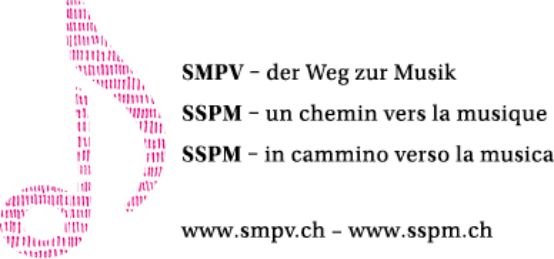Guaranteeing equitable access to training

The Student Union of Switzerland's (UNES) scholarship initiative aims to introduce uniform scholarship regulations in Switzerland.
To support themselves, more than two-thirds of Swiss students work alongside their full-time studies. This situation can extend the duration of their studies and limit their educational opportunities. Scholarships can help, but the amounts and conditions vary widely from canton to canton.
Most students have to work
According to figures from the Swiss Federal Statistical Office, 77 % of students in Switzerland work alongside their studies to earn a living. The Confederation estimates the need at 24,000 francs a year, or at least 2,000 francs a month. The family environment, and especially parents, can help out, but this depends on their financial possibilities. This is why students from modest backgrounds are at a disadvantage. They have to work harder, which can have a negative impact on their study time and performance. And they still have to earn enough to finance their training: 5 % of them are forced to abandon their studies for financial reasons.
Scholarships - in other words, government subsidies for education - can help. However, the situation in Switzerland is very uneven, as scholarships are a cantonal responsibility. As a result, the amounts granted and the percentage of students and the population benefiting from support vary enormously from one canton to another. According to the UNES, in the canton of Zurich, 0.3 % of the population receives a scholarship averaging 3800 francs per semester, while in the canton of Neuchâtel, 1 % of the population receives a scholarship, but for an average amount of 1200 francs per semester. This difference can also be seen in the per capita amount spent on scholarships: for example, in the canton of Jura, 87 francs are spent, but only 17 francs in Schaffhausen. This means that obtaining a scholarship depends more on where you live than on your individual financial situation or skills.
Launched in 2010 and submitted on January 20, 2012 by the Swiss Students' Union, the Scholarship Initiative calls for harmonization of the Swiss scholarship system. The Confederation would be given the power to issue guidelines valid for all cantons. In particular, educational grants should be able to guarantee a minimum standard of living for the duration of a first recognized tertiary education, in addition to any ancillary gainful employment and family support.
According to the authors of the initiative, future scholarships should amount to around 1,000 francs per month, or half the estimated cost of living, and would be granted to around 20 % economically disadvantaged students. The additional costs involved (around CHF 450 million) would be more than offset by the positive medium- and long-term effects of a well-developed scholarship system on economic development.
Lucas Bennett -
Um ihren Lebensunterhalt zu bestreiten, gehen mehr als drei Viertel der schweizerischen Studierenden neben ihrem Vollzeitstudium einer Erwerbstätigkeit nach. Dies kann zu längeren Studienzeiten und Abstrichen beim Studium führen. Stipendien könnten hier Abhilfe schaffen, doch sind Höhe und Zugang zu den Stipendien je nach Kanton oft ganz unterschiedlich geregelt. Die Stipendieninitiative des Verbandes der Schweizer Studierendenschaften (VSS) möchte einheitliche Regeln für die ganze Schweiz einführen.








